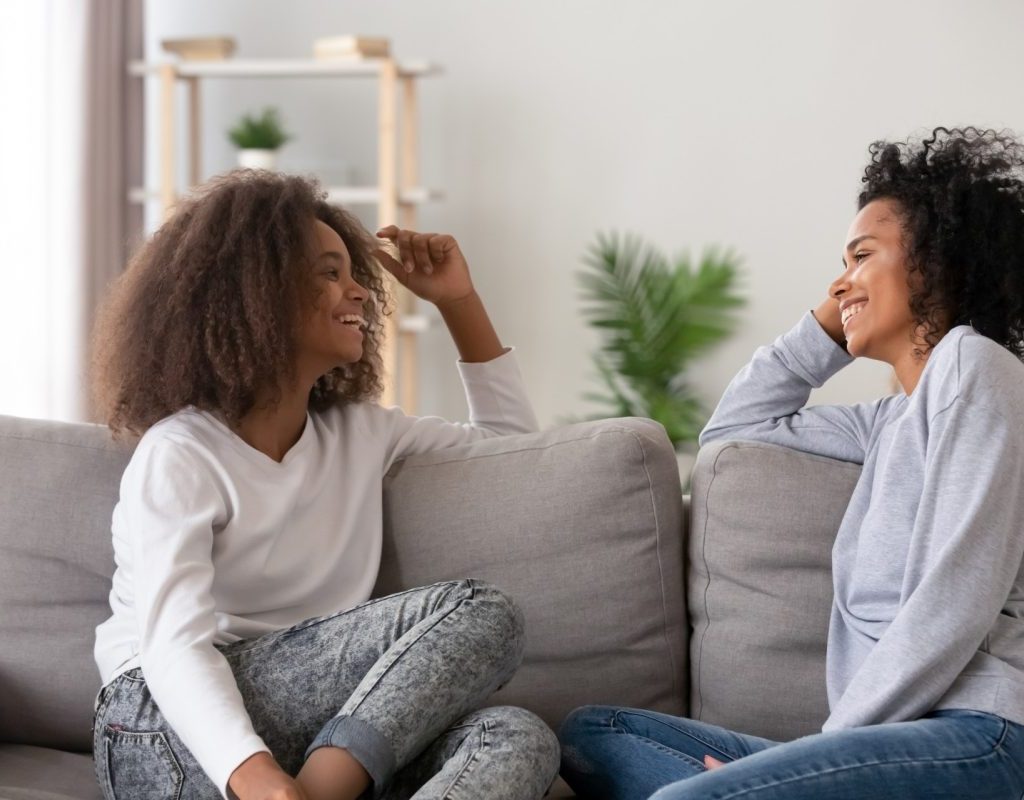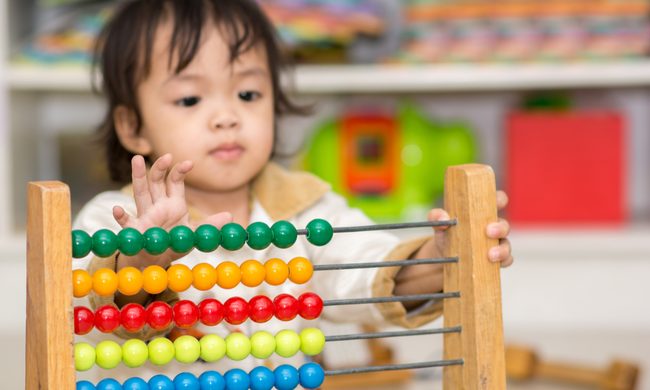Social media is everywhere, and the pressure to perform 24/7 is taking a toll on teenagers. But while the negative effects of social media are quite pervasive, there are a few good aspects too. There are several factors that go into a teen’s social media use, and the answer could be more complicated than you think.
Technology, in general, has positives and negatives for all of us, not just for teens. Understanding how this technology affects a teen’s still-developing brain involves taking a closer look into the ways your teen manage social media – and what boundaries you’ve put in place to keep things healthy.

The negative effects of social media
Recent studies suggest that the pressure of being online has adverse effects on everything from a teen’s mood to developmental issues. This is what the latest research is showing:
- Higher rates of depression — There’s a large body of research indicating that the time spent on social media correlates strongly with a teen’s mental health.
- Higher rates of anxiety — The constant stimulation of being online seems to make certain behavioral symptoms worse and could increase anxiety.
- Greater exposure to bullying — Before social media, teens could escape school bullying simply by being at home or going to a different public place. Now, abusers can reach teens 24/7 through online methods.
- Higher rates of sleep deprivation — Social media’s addictive nature may cause some teens to forgo sleep in favor of getting just one more like. Research shows that the sensitive reward centers of a teen’s brain are susceptible to this addiction.
- Underdeveloped nonverbal communication skills — One critical piece of the social puzzle teens miss when all their interaction happens virtually is the physical connection. People learn social cues through interaction in real life, something missing from texts and social media.
Many studies focus on the idea that unchecked social media can make these symptoms so much worse. As teens using social media become more independent, they may be engaging in behaviors away from their parents’ supervision. This leads to problems.
Many teens also have a much greater understanding of social media than their parents and older mentors, many of whom grew up in a time when the internet wasn’t yet popular or available. This mismatch may cause parents to be in the dark about their teens’ real social media use.
Are there upsides to social media?

Social media isn’t all bad. There are a few upsides to this new trend that should temper your urge to kill it altogether.
- It fosters diversity — Teens can connect to others regardless of location, allowing them to make friendships and learn from people in all types of situations and backgrounds.
- It encourages creativity — Many social media outlets encourage creative videos and photos and could help develop language skills, giving teens an outlet to express themselves.
- It keeps teens informed — Teens who connect to others around the world may develop understandings of world issues through this exposure.
- It can be a source of joy — In the right cases, teens can find others who share their interests, discover new places and ideas, and participate in discussions that expand their worldview.
Keeping teens safe on social media
Rather than banning all social media from your house — and risking your teens participating behind your back — it’s time to develop a realistic approach to social media and your teen. This is your chance to teach your teens how to use it responsibly and be prepared for the modern world.
The past isn’t coming back, and teens won’t return to pre-internet days, so prepare them to live with a sense of purpose and well-being despite the adverse effects. Here are some tips for handling social media with your teens so that you can maximize the good and minimize the bad.
Be willing to communicate
Even if your teens roll their eyes at you, open communication about what’s going on online is vital to developing healthy habits. You need to have the same talks you would without the internet — namely bullying, kindness, safety, and health.
All these things will need adjustments to account for the online space, but the underlying concepts are the same. It’s time to have hard conversations about bullying (both being bullied and bullying someone else), safety and who is safe online, and healthy boundaries for social things.
Set limits
This is another key to developing healthy social media habits. Limits are a vital part of teens learning to establish reasonable boundaries around their online and social media use.
These limits could include removing devices until homework is done, setting parental controls specifically for which apps teens have access to during certain hours, and enforcing internet-free bedtime hours.
These limits also apply to your own internet use. Teens are watching what we do with our devices, and it’s hard to set boundaries when we don’t obey them. Set internet-free zones or times in your household and stick to them. You’ll be more connected and healthier.
Monitor all their accounts
Whether you do this yourself or invest in software that helps monitor and alert you to activity, it’s essential to check on your teens. They aren’t ready to be fully independent yet, and it’s time to follow through with monitoring their behavior.
This does two things. First, you can see if your teens are engaging in risky behavior online or participating in behavior that’s not OK. Second, you’ll see right away if others are bullying your teens or making them feel uncomfortable. Let your teens know that you’ll be checking.
Most of all — encourage face-to-face contact

The biggest thing you can do for your teens is to encourage their real-life friendships, as well. Teens may be connecting online, but face-to-face contact will make all the difference in the world with your teen’s health.
Help them remember to see their real friends and have in-person conversations. As you guide your teens through healthy social media use, these real-life connections will help round out their relationships.


